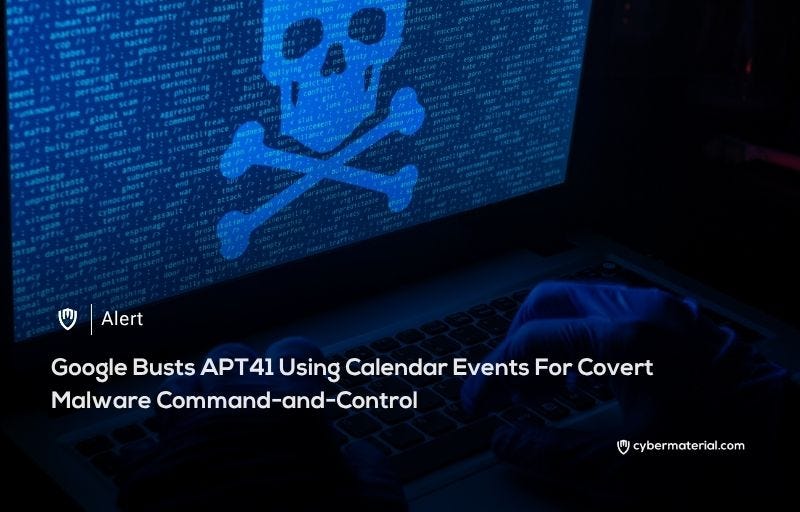
Google recently disclosed new activity by APT41. This is a Chinese state-sponsored threat actor. The group utilized malware named TOUGHPROGRESS. This malware leveraged Google Calendar for command-and…

Google recently disclosed new activity by APT41. This is a Chinese state-sponsored threat actor. The group utilized malware named TOUGHPROGRESS. This malware leveraged Google Calendar for command-and…